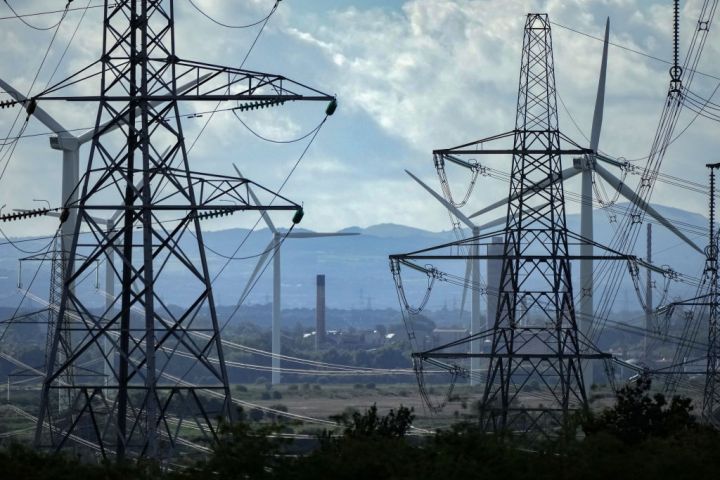
The pandemic slowed global efforts to expand access to electricity
The pandemic slowed global efforts to expand access to electricity

The number of people around the world who don’t have access to electricity has increased during the pandemic for the first time in years, according to a report from the International Energy Agency.
The United Nations has set a goal: By 2030, everyone in the world should have access to electricity.
Before the pandemic, Daniel Wetzel at the International Energy Agency said countries were making a lot of progress toward that goal. Especially in Asia.
“But COVID reversed all of that. And since the pandemic, we estimate the number of people globally, without access to electricity increased by 2%,” he said.
Partly, IEA finds, because governments started diverting money to other things, like COVID testing, pandemic relief, and vaccination. And, because pandemic restrictions kept crews from going out to do the physical work of connecting people to power.
At the same time, “the pandemic revealed how important electricity is,” said Vijay Modi, a professor at the Earth Institute at Columbia University.
“Kids were told to study from home. Well what if you don’t have electricity?” he said.
According to IEA, the pandemic slowed progress the most in sub-Saharan Africa. Almost 80% of people who don’t have electricity live in the region.
There’s a lot happening in the world. Through it all, Marketplace is here for you.
You rely on Marketplace to break down the world’s events and tell you how it affects you in a fact-based, approachable way. We rely on your financial support to keep making that possible.
Your donation today powers the independent journalism that you rely on. For just $5/month, you can help sustain Marketplace so we can keep reporting on the things that matter to you.











